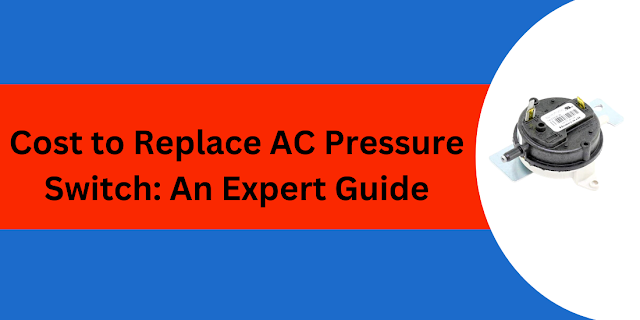Trane Compressor Overheating: Here's What You Need to Know
The compressor is a vital component of any HVAC system, responsible for maintaining the comfort of your home or business by regulating cooling. Trane compressors are known for their reliability and performance, but like any mechanical part, they can experience issues—especially overheating. Understanding the causes of compressor overheating and taking preventative measures is essential for extending the life of your system. In this article, we’ll discuss common causes of overheating, how to prevent it, and the importance of regular maintenance for optimal performance.
Common Causes of Trane Compressor Overheating and How to Prevent Them
Here are the common causes of Trane compressor overheating and how to prevent them:
1. Low Refrigerant Levels
Compressor overheating is frequently caused by low refrigerant. Without enough refrigerant, the compressor must work harder to keep the system under optimal pressure and temperature. It adds to the risk of overheating.
Prevention Tip: Leaks or improper charging can cause low refrigerant. A professional HVAC technician can also inspect regularly to make sure refrigerant levels are adequate. To avoid putting the compressor under further strain, any leaks should be fixed right away.
2. Dirty or Clogged Condenser Coils
The refrigerant releases the heat it has absorbed through the condenser coils. If these coils become clogged with dirt or debris, the compressor can’t get rid of the heat as well, so it overheats trying to make up for the lack of cooling efficiency.
Prevention Tip: Keep the condenser coils clean to maintain efficient heat exchange. Verify that the outdoor unit is free of debris, leaves, and other obstructions to guarantee adequate heat release and airflow.
3. Inadequate Airflow or Blocked Vents
The compressor needs to stay cool, so airflow is necessary. If the vents, ducts, or filters are blocked or obstructed, then the amount of air circulating around the system is reduced, causing the compressor to work harder and increasing the chances of overheating.
Prevention Tip: Look for blockages in vents, ducts, and air filters. Change or clean air filters every 1-3 months and make sure you don’t have anything blocking the air pathways around your HVAC unit.
4. Faulty Fans
fans in your HVAC system circulate air through the condenser coils and evaporator, helping to cool the compressor. Overheating can occur if the fans are malfunctioning, dirty, or worn out, as the system will have a hard time maintaining proper airflow.
Prevention Tip: Periodically check fan blades and motors for damage or wear. If the fans aren’t running smoothly, get them cleaned or replaced. By ensuring the proper fan operation, you will reduce the workload on your compressor.
5. Electrical Issues
Faulty wiring or a malfunctioning start capacitor can prevent the compressor from getting the proper amount of power, causing it to run inefficiently. Overheating and system failure can result from this.
Prevention Tip: Inspect your HVAC system’s electrical components regularly, including wiring, capacitors, and connections. Have a licensed HVAC technician come out and do routine electrical checks to make sure everything is working correctly and safely.
6. Overcharged Refrigerant
An overcharged refrigerant system can also cause overheating. Excess refrigerant creates excess pressure within the compressor, making it harder to circulate the refrigerant. This additional strain may eventually cause the compressor to overheat and sustain damage.
Prevention Tip: Refrigerant charging should only be done by licensed professionals to make sure it’s done according to manufacturer specifications. During regular maintenance, have your system’s refrigerant levels checked to avoid overcharging.
7. Age and Wear
As your compressor ages, its internal components naturally wear out, reducing its efficiency and increasing the likelihood of overheating. Older compressors may struggle to maintain optimal performance, putting extra strain on the system.
Prevention Tip: If your Trane compressor is approaching the 10 to 15-year mark, or if it is showing signs of wear, such as increased noise, decreased cooling efficiency, or frequent cycling, it may be time to replace it. Regular maintenance can help identify early signs of failure and replacement of the affected part before overheating is an issue.
Compressor overheating is preventable, all it takes is regular maintenance and quick response. Knowing the causes and being proactive about it will help you to keep your Trane compressor running efficiently. By having your HVAC system regularly inspected and repaired on time, you can extend the life of your system, and avoid expensive breakdowns, providing you with reliable, energy-efficient cooling for many years to come.



Comments
Post a Comment